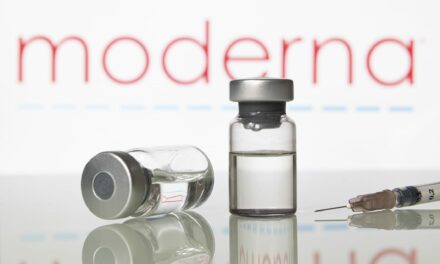Dupilumab (Dupixent) showed significant improvement on every primary and secondary endpoint in patients with severe chronic rhinosinusitis with nasal polyps (CRSwNP) who had failed previous treatment with surgery and/or systemic corticosteroids, according to Regeneron Pharma and Sanofi.
These trials, known as SINUS-24 and SINUS-52, demonstrated that dupilumab, when added to the standard-of-care corticosteroid nasal spray, improved nasal polyp size, nasal congestion severity, chronic sinus disease, sense of smell and co-morbid asthma outcomes. In these severe patients, dupilumab reduced the need for systemic corticosteroid use and the need for nasal/sinus surgery.
“[Dupilumab] is the first biologic therapy to demonstrate the potential to produce disease-modifying effects in severe CRSwNP, significantly improving all disease measures in the study, including sense of smell, one of the most troublesome and challenging-to-treat symptoms for patients,” said Claus Bachert, MD, Professor and Head of Clinics of the Department of Otorhinolaryngology at Ghent University and principal investigator of the trials.
Dupilumab is a human monoclonal antibody specifically designed to inhibit signaling of interleukin-4 and interleukin-13 (IL-4 and IL-13). The findings from these trials, as well as from prior trials in atopic dermatitis and asthma, demonstrate that these are two key proteins that play a central role in Type 2 inflammation, which seems to underlie CRSwNP as well as several other allergic diseases.
Persistent symptoms of CRSwNP have a substantial adverse impact on patients’ health-related quality of life, a composite that includes reduced productivity and activities of daily living, inability to enjoy food, lack of sleep and fatigue.
The 24-week SINUS-24 and 52-week SINUS-52 trials evaluated dupilumab 300 mg every two weeks with standard-of-care mometasone furoate nasal spray (MFNS) (“Dupixent group”) compared to placebo injection plus MFNS (“placebo group”). SINUS-52 also included a third patient group who switched from dupilumab every two weeks to every four weeks after the primary endpoint was assessed at week 24.










